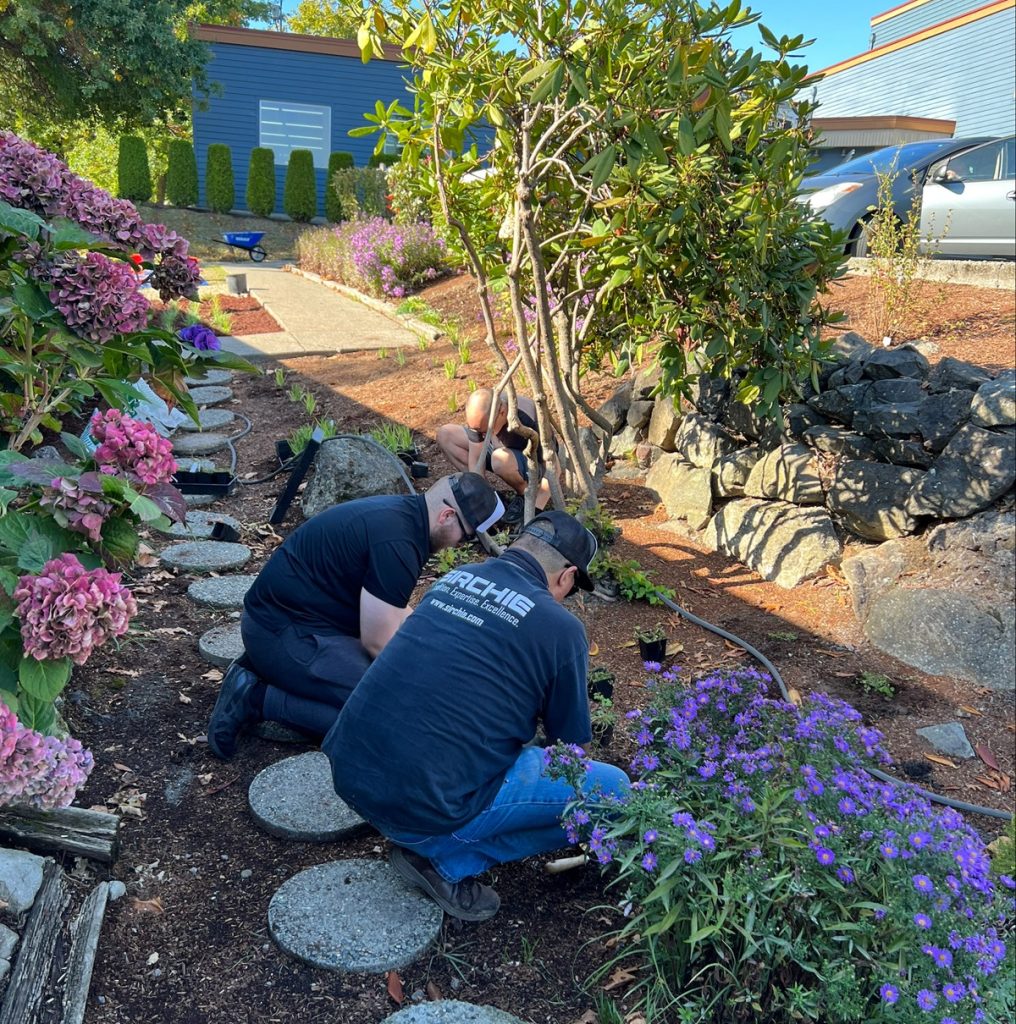April is Earth Month – a time when we think about ways to make our planet better for ourselves and future generations. But The National Wildlife Federation has a program that happens year-round for those interested in becoming knowledgeable about Washington State wildlife and creating gardens and greenspaces that support the species we coexist with. The Habitat Steward program is a 4-week program held virtually with in-person field experience opportunities. The cost is just $20, with scholarships available for those in need – they never turn people away due to lack of funds.
“This program is important because it could act as someone’s entry point into considering wildlife in their day-to-day lives,” explains Guinevere Unterbrink, Habitat Steward program coordinator. “Climate change and habitat fragmentation are putting a lot of pressure on wildlife species, and without acting, the next generations will not have the same biodiversity of species we have been able to exist alongside. Gardening is a great way for individuals to have an impact in their own space and provide a safe haven for wildlife in their very own greenspace.”
Washington Habitat Steward Program Provides Earth-Friendly Gardening Tips
Started in 1994, the Habitat Steward program now includes a comprehensive, digital training manual with local resources; instruction from local professionals; engaging field opportunities; certification as a habitat steward volunteer; and continued support from National Wildlife Federation staff.
“Anyone who is interested in learning more about gardening, wildlife, and natural history,” answers Guinevere when asked about who should take this class. “This class is great for those new to ecology but can also serve people with more knowledge about these topics. Since the guest speakers vary greatly in topic, it’s likely anyone could learn something from this program.”

Each program has different speakers, so the content does vary from session to session. Guinevere explains that they always cover topics like native plants and pollinators, noxious weeds, gardening for wildlife, rain gardens, habitat restoration, Pacific Northwest ecology, volunteering, and how to live a more sustainable lifestyle. “They will also learn how to serve as a resource in their community for those interested in these topics or those interested in creating Certified Wildlife Habitats, another awesome program we offer!” she adds.
A big part of gardening for wildlife is picking the right plants. The Habitat Steward program explains how important native plant species are to native wildlife – not to mention how easy they are to grow since they are ‘made’ to survive our climate! – as well as some non-native plants that can work in your garden and still be wildlife-friendly. The program will also let you know about common garden plants that may be invasive or dangerous to local wildlife so you can avoid planting them in your greenspace.

And if you’re thinking this class sounds like it’s only for those with lots of room, you’re wrong! They purposely talk about all sizes and types of greenspaces, from those with room for ponds and whole ecosystems to creating a greenspace on your apartment balcony.
Also during each session, they will let participants know about any upcoming in-person learning and volunteer opportunities. The National Wildlife Federation has its own volunteer events at the Northwest Flower and Garden Festival and the state fairs. Habitat Stewards can connect with the Thurston County Community Wildlife Habitat Team to meet with existing volunteers. “Any certified wildlife habitat applications will help the team become officially certified, they are pretty close,” shares Courtney Sullivan, regional director of education and engagement for The Wildlife Federation. They also send out information about events other organizations are putting on, giving you ample time to get out, meet like-minded gardeners and continue learning.
To learn more and to sign up for the next session, visit the National Wildlife Federation website or email waeducation@nwf.org.


















































